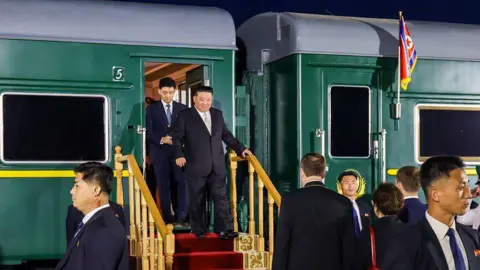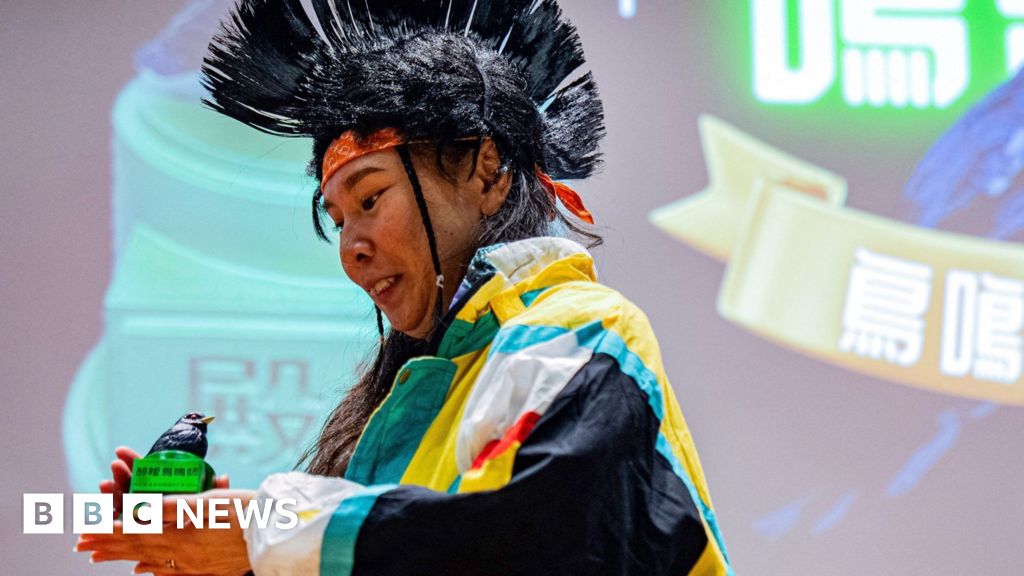Innes Tang, a former banker, has emerged as a central figure in the pro-China movement in Hong Kong, launching a hotline to report suspected violations of the national security law (NSL). Tang and his supporters have reported numerous individuals, emphasizing their vigilance in safeguarding state security. In their eyes, acts as small as waving colonial flags or selling politically charged pastries can warrant police intervention.
Implemented in the aftermath of mass protests in 2019, the NSL has been condemned internationally for repressing free speech and fostering a culture of citizen surveillance. Despite this, Tang insists that the move to report is rooted in community service, arguing that he seeks to aid Hong Kong's stability.
"We are everywhere, monitoring for possible breaches," he states, underlining the widespread anxiety and increased scrutiny since the NSL's inception. Innes claims that his reports have led to meaningful police investigations, further encouraging his actions. However, the political climate presents challenges; over 300 arrests related to national security have occurred since the law's enactment.
Critics, including academics and political activists, express concerns over the suppression of dissent and the impact on civic engagement. Kenneth Chan, a political scientist, notes the tragic irony of a once-vibrant protest culture transitioning to a state of caution and fear. Fellow citizens who once communalized dissent now engage minimally to avoid the risk of being reported.
Tang's motivations are complex, intertwining personal history and a vision striving for societal balance. Raised under British colonial rule, he now channels his sentiments into a narrative that largely aligns with the mainland’s expectations of patriotism.
The loyalty enforced by electoral reforms further consolidates power within the hands of the celebrated “patriots,” yet many Hongkongers perceive them as disconnected from broader public interests. Lew Mon-hung, a commentator on China, believes the oversight witnessed in the Legislative Council undermines effective governance.
Despite Tang’s declarations of promoting a peaceful atmosphere, critiques about the potential misuse of the national security law continue to echo. With many dissenters silenced and long-standing political parties dissolved, a worrying atmosphere of self-censorship envelops academia and activism alike.
Innes Tang is now aiming higher, working with organizations advocating for China’s narrative on international platforms, while Kenneth Chan remains uncertain about his future amid gradual isolation as friends and colleagues face legal consequences or exile.
As the balance of power continues to shift in Hong Kong, Tang's assertion of fulfilled patriotism stands in stark contrast to the lingering questions of freedom, identity, and the remnants of dissent in a city undergoing constant transformation. The ongoing ramifications of the NSL present a landscape where loyalty, reporting, and fear intertwine, questioning the essence of community and governance in modern Hong Kong.
















